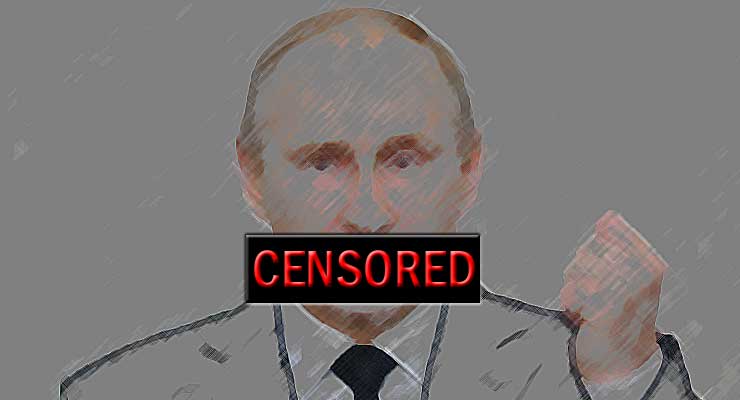
From Human Right Watch
An acquaintance living in the United States asked me if it was true that Russia is about to “cut off its Internet” from the rest of the world. He sounded panicked – his family still lives in Russia. He was concerned about recent reports that giants like Google are yielding to Russia’s war on online speech and are cooperating with the government.
While the reality is not quite as dramatic, his reaction is understandable. The government effectively controls most of traditional media in Russia and has been taking steps to bring the internet under greater state control, while prosecuting social media users and adopting highly regressive legislation on data storage localization, encryption, and cybersecurity.
Last week, parliament held its first hearing on a draft law on internet “sovereignty”, which aims to protect Russia from foreign cyberattacks and respond to the US cybersecurity strategy.
The draft, if adopted, would enable Russian internet to operate independently from the global internet in the event of an emergency or foreign threat. It would require all online services operating in Russia to install equipment to monitor web traffic and block banned content under direct oversight of Russia’s watchdog media and communications agency. This proposal naturally raises censorship and surveillance concerns, although the draft is so vague that even its authors were unable to explain how it would work in practice. The second hearing is next month
Recent reports of Google’s cooperation with Russian authorities are also a cause of concern. According to Google’s transparency report, the number of Russian government requests to remove content spiked to 182,462 in the first half of 2018 ( from 2,566 over the same period in 2016). Google complied with 79% of all requests to remove content, in whole or in part, during this period. It remains unclear how Google will respond as authorities expand enforcement of Russian laws that jeopardize internet users’ safety and freedom of speech, especially if Google risks being blocked in Russia.
There are precedents for this: in 2016, authorities blocked LinkedIn for noncompliance with the data storage law, and in 2018, they ordered Telegram blocked for its refusal to hand over encryption keys.
Russia’s regressive internet laws have mostly been rushed, clumsy and chaotic, but that doesn’t reduce their threat to freedom of speech and information. Authorities do sometimes rigorously implement them – and penalize those who refuse to obey.
Leave a Reply